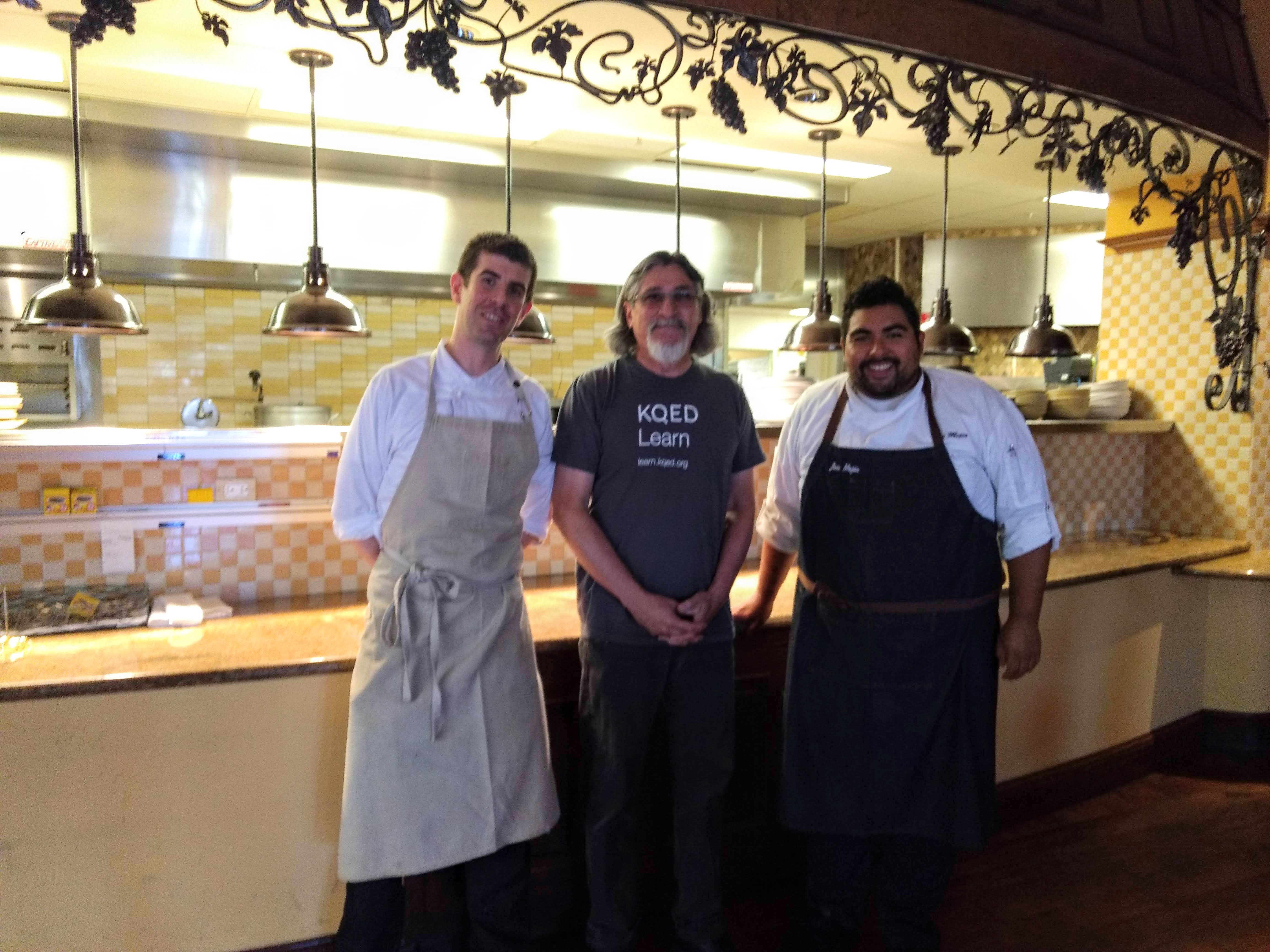Remember in elementary school when you came back from summer vacation and your teacher had you write an essay on what you did that summer? Well, here goes! This summer I participated in the NapaLearns-Hospitality Industry Partnership Externship, which placed 18 teachers from the Napa Valley at various hotels and resorts in the region to learn about the hospitality industry and what type of skills they need in their team members.
According to the Napa Valley Register, there are currently 14,000 leisure and hospitality jobs in Napa County. And there are hundreds of hospitality and leisure jobs that need to be filled: chefs, housekeepers, architects, engineers, electricians, plumbers, carpenters, IT specialists…you name it. Many of these jobs are ones my students will apply for. The reason I wanted to be part of this externship was to help develop a working relationship between education and industry partners in order to make sure that my students are getting the education they need to be successful in their future careers.
Day One: Back of the House
I shadowed two sous chefs at the Meritage Resort and Spa as they went through their daily routine. I learned that there is so much more that goes into running a kitchen than just cooking: creating menus, ordering ingredients, prepping for the next day’s menus, managing personnel and keeping (sometimes very large) groups of guests happy.

Sous chef Daniel Garcia was born in the United States, but at age five his family moved to Spain so his mother could work as a human resource director for Hilton Hotels and Resorts. You could say that hospitality is in his blood. Jose Mejia was born in Florida and has worked his way across the country. Both went to culinary school to obtain their skill sets.
Jose stated that when he was in school learning spreadsheets, he thought to himself that he would never use this again. Not true! The kitchen uses at least six different software programs, all of which rely on spreadsheets to organize data such as ingredients, food, equipment, clothing, guest rooms, restaurant seating, employee scheduling and payroll. As someone who teaches spreadsheet skills to my own students in my computer science and physics classes, this really hit home for me. I have many students who may not see the long-term benefit of working with this tool and knowing how to communicate effectively using spreadsheets. I immediately started thinking about how I would modify my data assignments to reflect this real-world application.


